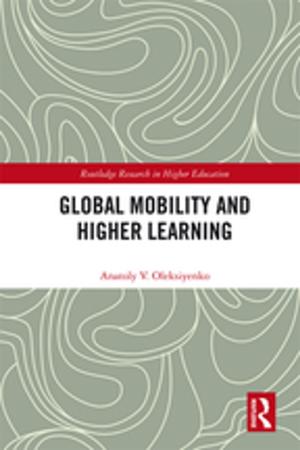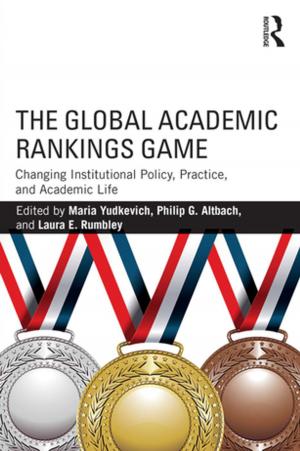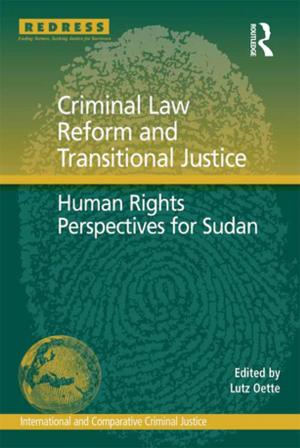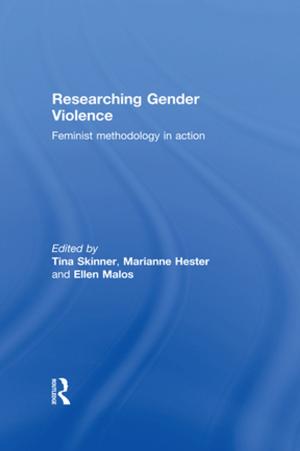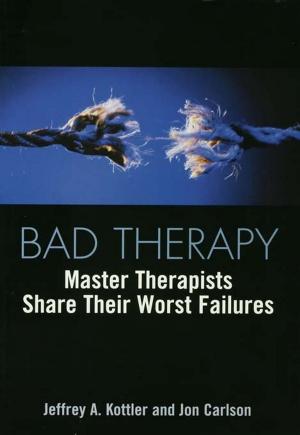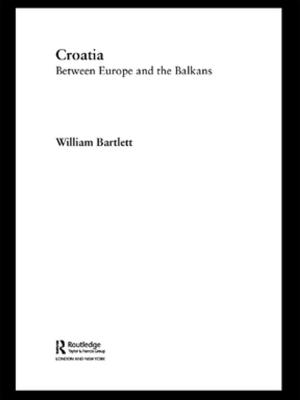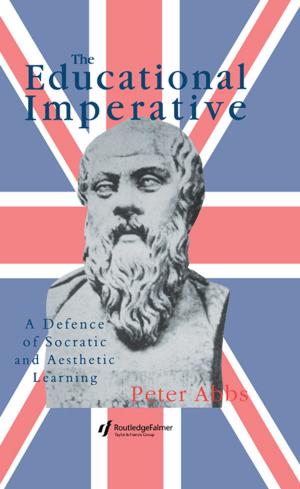| Author: | Marie-Emmanuelle Chessel, Alain Chatriot | ISBN: | 9781351889933 |
| Publisher: | Taylor and Francis | Publication: | September 29, 2017 |
| Imprint: | Routledge | Language: | English |
| Author: | Marie-Emmanuelle Chessel, Alain Chatriot |
| ISBN: | 9781351889933 |
| Publisher: | Taylor and Francis |
| Publication: | September 29, 2017 |
| Imprint: | Routledge |
| Language: | English |
Recent work has focused on the politics of consumption and its manifestation in a number of situations. This volume extends these debates, providing a tighter focus and contributing to a noticeable gap in the field that numerous scholars are beginning to turn towards: that is, organizations of consumers themselves who have chosen to speak for all consumers and similar such bodies of experts which act on behalf of consumers. The volume is fortunate in drawing upon a number of scholars who are about to publish major works on the subject, but who are happy to provide summary versions of their work for the volume. The book pays particular attention to specific moments in consumer mobilization and expertise, capturing the range of types of expert consumers across the twentieth century, from ethical consumer groups at the beginning, to intellectuals, housewives, economists and public officials. It addresses questions on the nature of consumer organizing, which bodies can speak for consumers, whether one consumer voice can ever be identified and the relationship between consumption and citizenship. Overview pieces demonstrate the larger narratives involved in the study of the expert consumer, whilst more comparative essays set out the nature of transatlantic exchanges. Other contributions point to the similarities across seemingly different consumption regimes, while case studies of specific organisations and key historical moments draw out the particularities of consumer expertise.
Recent work has focused on the politics of consumption and its manifestation in a number of situations. This volume extends these debates, providing a tighter focus and contributing to a noticeable gap in the field that numerous scholars are beginning to turn towards: that is, organizations of consumers themselves who have chosen to speak for all consumers and similar such bodies of experts which act on behalf of consumers. The volume is fortunate in drawing upon a number of scholars who are about to publish major works on the subject, but who are happy to provide summary versions of their work for the volume. The book pays particular attention to specific moments in consumer mobilization and expertise, capturing the range of types of expert consumers across the twentieth century, from ethical consumer groups at the beginning, to intellectuals, housewives, economists and public officials. It addresses questions on the nature of consumer organizing, which bodies can speak for consumers, whether one consumer voice can ever be identified and the relationship between consumption and citizenship. Overview pieces demonstrate the larger narratives involved in the study of the expert consumer, whilst more comparative essays set out the nature of transatlantic exchanges. Other contributions point to the similarities across seemingly different consumption regimes, while case studies of specific organisations and key historical moments draw out the particularities of consumer expertise.


